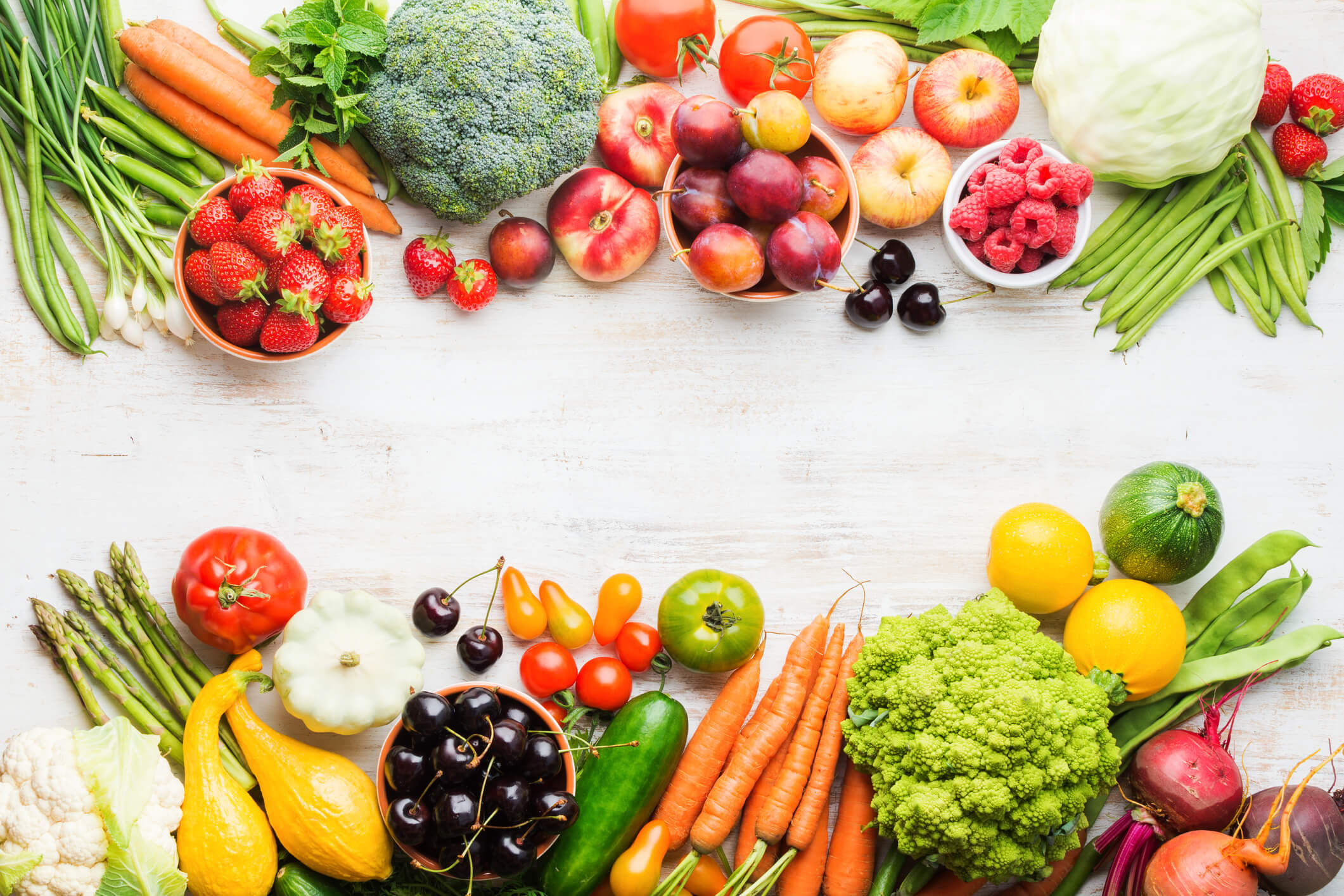Easy and Healthy Meal Prep Ideas for the Week

What is the definition of meal prep?
Meal prep refers to the process of preparing and portioning out meals in advance, usually for the purpose of making mealtime easier and healthier. This typically involves cooking and packing ingredients or complete meals into containers for storage in a refrigerator or freezer until they are ready to be eaten. Meal prep is often used as a strategy for maintaining a healthy diet, saving time, and reducing food waste.
Benefits of Meal Prep
The benefits of meal prep include:
- Time-saving: By prepping meals in advance, you save time during the busy week by having meals ready to go.
- Cost-effective: Meal prep can reduce food waste and save money by allowing for bulk cooking and the use of leftovers.
- Improved nutrition: By planning and prepping meals in advance, you can control the ingredients and portion sizes, leading to healthier eating habits and improved overall nutrition.
- Portion control: Meal prep helps you regulate portion sizes, leading to a more balanced diet and reducing the risk of overeating.
- Reduced stress: With meals prepped in advance, you can eliminate the stress of figuring out what to eat during the week, freeing up mental space for other tasks.
- Increased productivity: By taking the time to meal prep on the weekends or another designated time, you can set yourself up for a more productive and stress-free week.
Overall, meal prep is an effective strategy for maintaining a healthy lifestyle, saving time and money, and reducing food waste. This blog post provides readers with practical and nutritious meal prep ideas for the week, along with tips for successful meal prep and the benefits of incorporating this strategy into their lifestyle. The article covers breakfast, lunch, dinner, and snack options, as well as the equipment needed for meal prep and tips for success. The goal of the post is to inspire and encourage readers to start meal prepping for a healthier, more convenient, and cost-effective way of eating.
The basic kitchen tools needed for meal prepping include:
- Cutting board
- Knives
- Measuring cups and spoons
- Mixing bowls
- Tupperware or other airtight containers
- Baking sheet
- Foil or parchment paper
- Slow cooker, instant pot, or rice cooker (optional)
- Blender or food processor (optional)
With these basic tools, you can prep a variety of healthy and delicious meals for the week. Some optional tools for added convenience include a vegetable peeler, a zester, a mandoline slicer, and a scale for accurate portion control.
Here are a few meal prep ideas for a healthy and convenient week:
- Breakfast:
- Overnight oats with mixed berries and nuts
- Frittatas with veggies and cheese
- Yogurt parfaits with granola and fruit
- Lunch:
- Salad jars with mixed greens, protein (chicken, tofu, etc.), and a variety of veggies
- Whole grain sandwiches with turkey, cheese, and avocado
- Veggie wraps with hummus and a variety of veggies
- Dinner:
- Grilled chicken or tofu with roasted vegetables
- Slow cooker meals such as chili or stew
- Stir-fry with mixed veggies and protein (chicken, shrimp, etc.)
- Snacks:
- Cut fruit (such as apple slices, berries, or melon)
- Roasted nuts
- Veggie sticks (carrots, celery, etc.) with a healthy dip (such as hummus or Greek yogurt)
These meal prep ideas are just a starting point and can be adapted to your personal preferences and dietary needs. By prepping a variety of healthy meals in advance, you can ensure you have a variety of options for breakfast, lunch, dinner, and snacks throughout the week.
Here are some tips for successful meal prep:
- Plan ahead:
Plan your meals for the week, taking into account your schedule and dietary needs. Make a grocery list and stick to it to avoid impulse buys.
- Use the right containers:
Invest in airtight containers to keep your food fresh and prevent leaks. Label and date containers to keep track of when they were prepared. - Prepare in bulk:
Cooking in bulk and dividing into portions saves time and reduces the need to cook every day. - Mix and match:
Prep ingredients that can be used in multiple ways to maximize the use of your efforts and reduce food waste. - Get creative with leftovers:
Use leftovers as ingredients for new meals, such as turning grilled chicken into a salad or a wrap. - Keep it simple:
Start with simple meals and gradually add complexity as you get more comfortable with meal prepping. - Be consistent:
Make meal prep a regular part of your routine, such as prepping meals on the weekends or a designated day each week.
By following these tips, you can make meal prep a successful and sustainable part of your healthy lifestyle. Meal prep is an effective strategy for maintaining a healthy lifestyle, saving time and money, and reducing food waste. With the right tools, meal prep can be simple, flexible, and enjoyable. From planning ahead, to using the right containers, to getting creative with leftovers, there are many tips and tricks to make meal prep a success. Whether you are new to meal prep or a seasoned pro, incorporating these tips into your routine can help you achieve your health and wellness goals and enjoy nutritious, delicious meals throughout the week.



